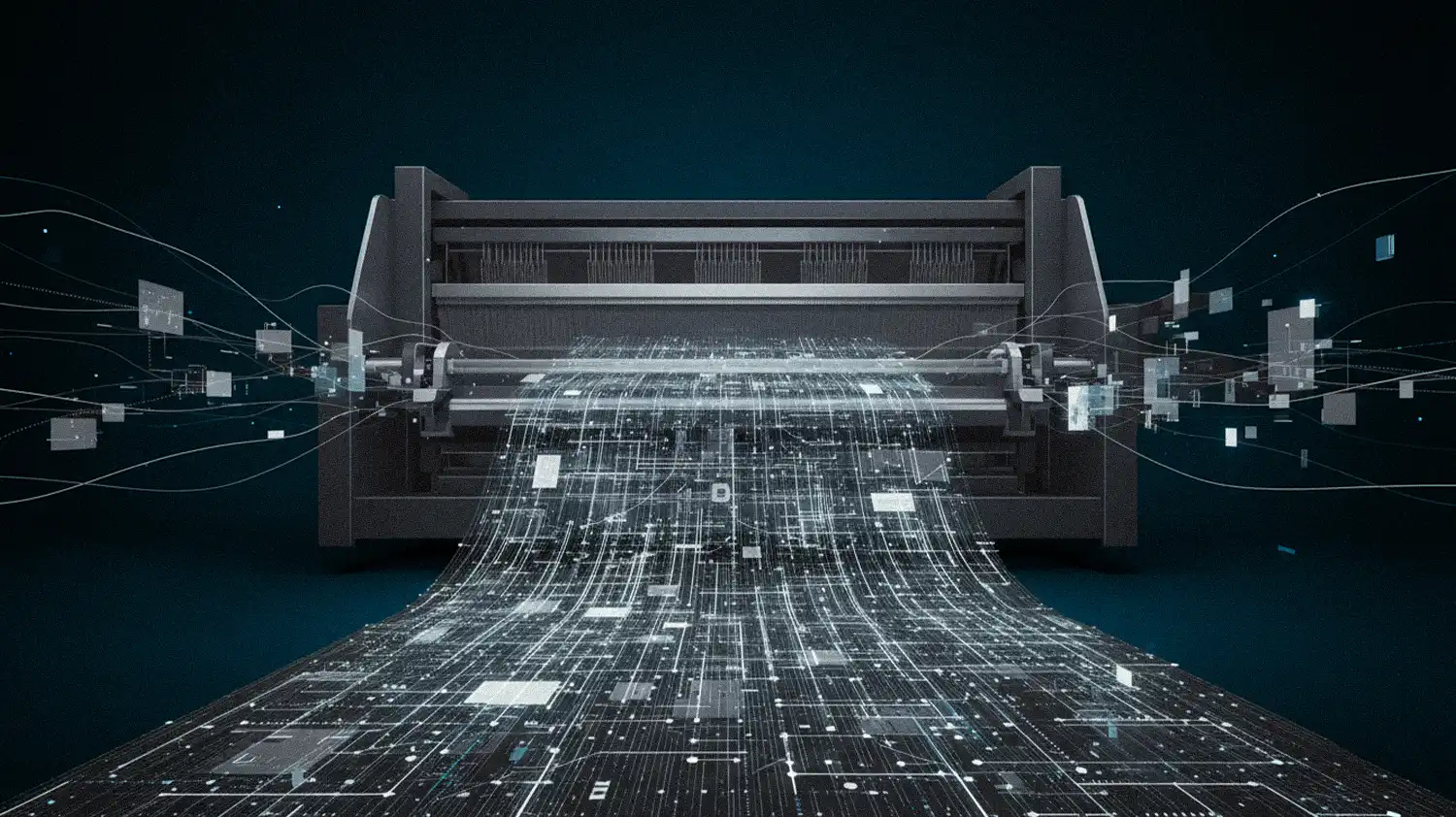
- Many companies face buyer's remorse and invisible ROI from AI solutions, says Arjun Pillai, CEO of Docket and former CDO of ZoomInfo.
- He attributes high churn rates to inflated expectations and shiny object syndrome.
- Pillai advises defining problem statements and success metrics before adopting AI solutions.
- Data security remains an issue, especially when dealing with free tools, proving the need for enterprise-grade AI governance across any and all workflows.
AI was expected to work miracles. Instead, for many companies, it’s delivering a frustrating loop of buyer’s remorse, invisible ROI, and solutions that churn faster than they deliver.
Arjun Pillai—former Chief Data Officer at ZoomInfo and now Co-Founder & CEO of AI sales engineer platform Docket—offers a reality check.
- AI abracadabra: "Everyone wants AI to be a magic wand, especially in sales. Vendors will tell you they can just plug into your Salesforce and miracles will happen," says Pillai. But the AI agent on top isn’t where the value really begins. "It's in building a curated sales knowledge lake from the ground up," he explains. "Without that, you're just layering intelligence on top of chaos."
- Shiny object syndrome: High churn rates in AI sales tools don’t surprise Pillai. "Most people are spending on AI SDRs, and it's presented as this magical thing." The result? A brief spike, then brand damage. "It’ll spam everybody initially, you’ll get a few meetings, and very quickly realize it’s hurting your brand and reputation," says Pillai. "I wish it was that easy."
- Inflated expectations. "Buyers expect AI to do everything, and when it doesn't, churn happens." Another trap is shiny object syndrome. "In AI, trends move so quickly," explains Pillai. "If you go for the new shiny thing based on the trend rather than your problem statements, then you will churn." His advice: "Start from a problem statement, identify success metrics, then go look for the AI that can get you there."
"Internally, we practice what we preach, striving to be an AI-native team," Pillai says. "Any task that I get, the first question has to be, ‘How can AI help me with this?’ Even on my iPhone, the action button is configured to ChatGPT voice."

"We created a GPT for our designers, fed with all Docket information. The first design for a new UI is always AI-generated," he shares. Developers get upgraded tools like Cursor licenses, while product managers are expected to generate AI-based concepts before involving designers. "If you're onboarding, you have to go talk to Docket as your buddy. If Docket cannot answer, only then you can ask a human," says Pillai.
- Ditch the perfectionism: Pillai urges companies to drop the fantasy of flawless AI. "If you are waiting for AI to get to 100% accuracy, you are not going to be able to deploy AI anytime soon," he says. "The best place for companies to start is with augmentation of their existing humans," advises Pillai. "It's much less risky," especially in high-stakes industries.
Some AI advances are clearly becoming usable in the enterprise. "The delta between what image generation used to be and what it is now is significant," Pillai notes. "Now you can create social media content, ad content, and actual things that will bring value." Think decks for QBRs, personalized webpages, or quick-turn diagrams without waiting on a marketing team.
- Nothing's really free: But even with promising tools, security matters. "For our customers, we are very, very careful," Pillai says. "We don’t introduce things like DeepSeek inside the company. We use ChatGPT Enterprise, making sure AI isn't training on our data or our customers’ data." His red flag to watch out for? "When it's completely free forever, that's when you are the product."
.svg)





